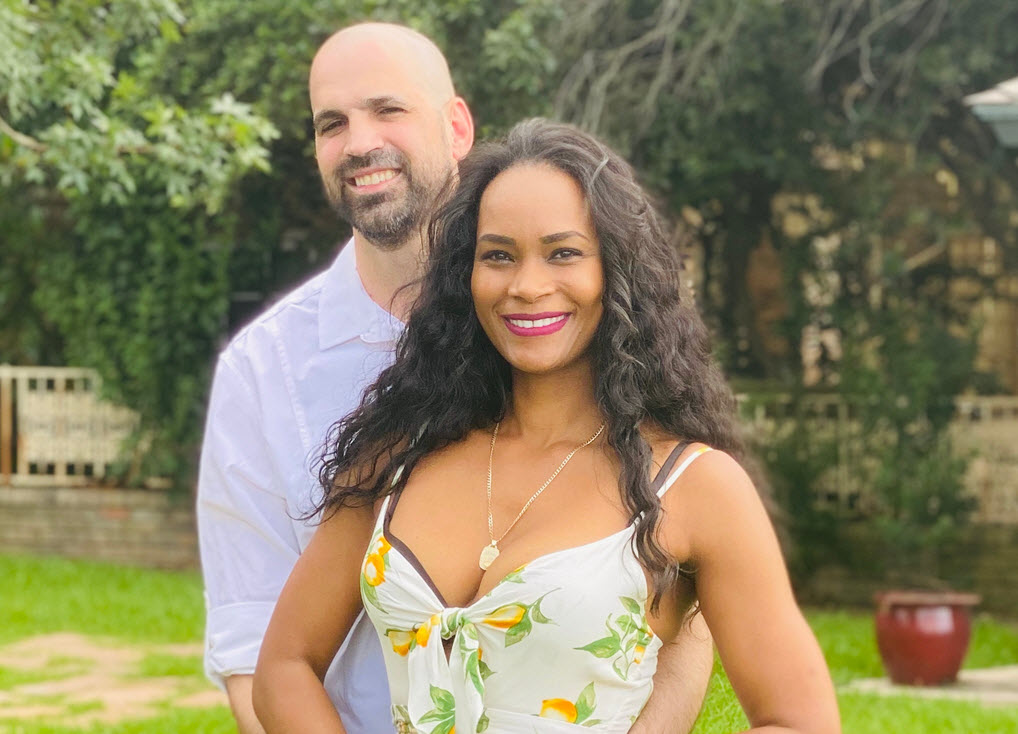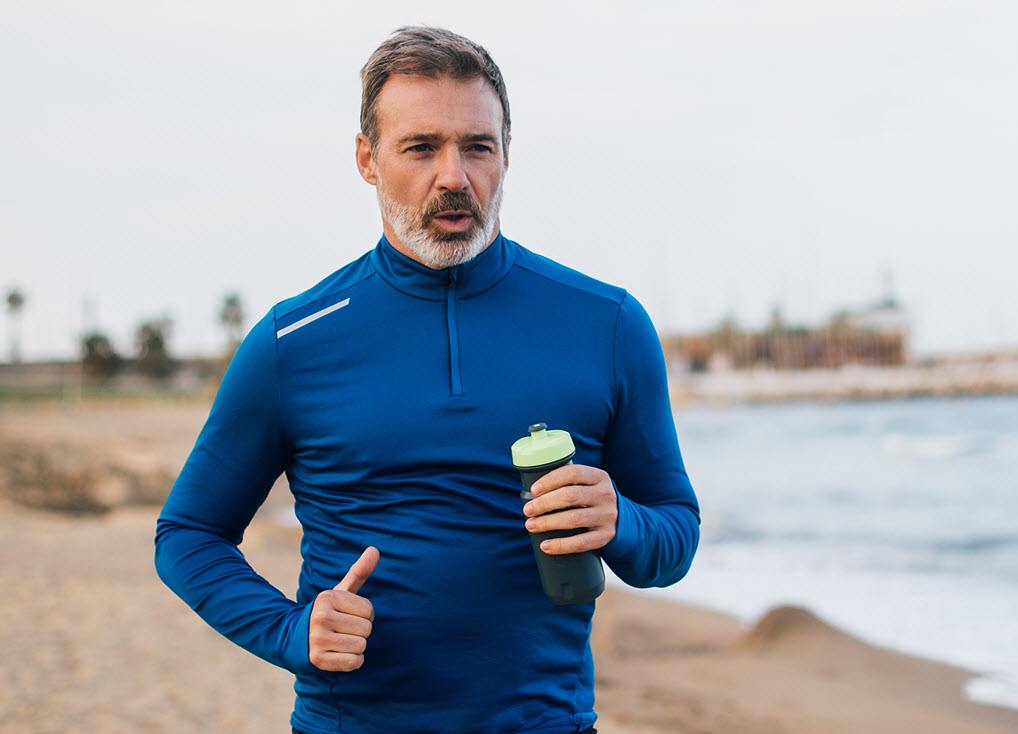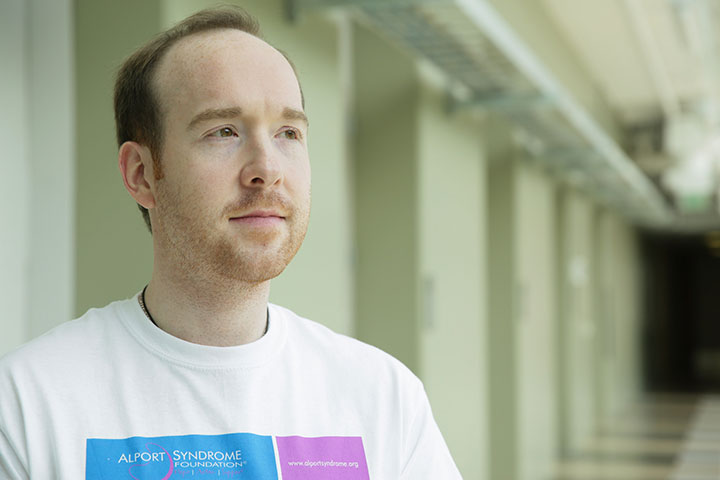“Due to chronic immunosuppression as well as the presence of numerous comorbidities, the risk of developing severe COVID-19 may be high in kidney transplant recipients. Researchers in the United States, Italy, and Spain conducted a retrospective cohort study to examine the clinical outcomes among kidney transplant recipients to identify predictors of poor clinical outcomes. Results of the study were reported in the American Journal of Transplantation [2020;20(11):3140-3148].
The study was led by Paolo Cravedi, MD, PhD, division of nephrology, department of medicine, Icahn School of Medicine at Mount Sinai, New York, New York. The cohort included 144 kidney transplant recipients who were hospitalized due to COVID-19 at 12 transplant centers in North America and Europe. The 12 centers were participating in the TANGO International Transplant Consortium. All kidney transplant recipients ≥18 years of age with a functioning allograft who were admitted to a hospital between March 2 and May 15, 2020, were included.”
Read the full study, here.









